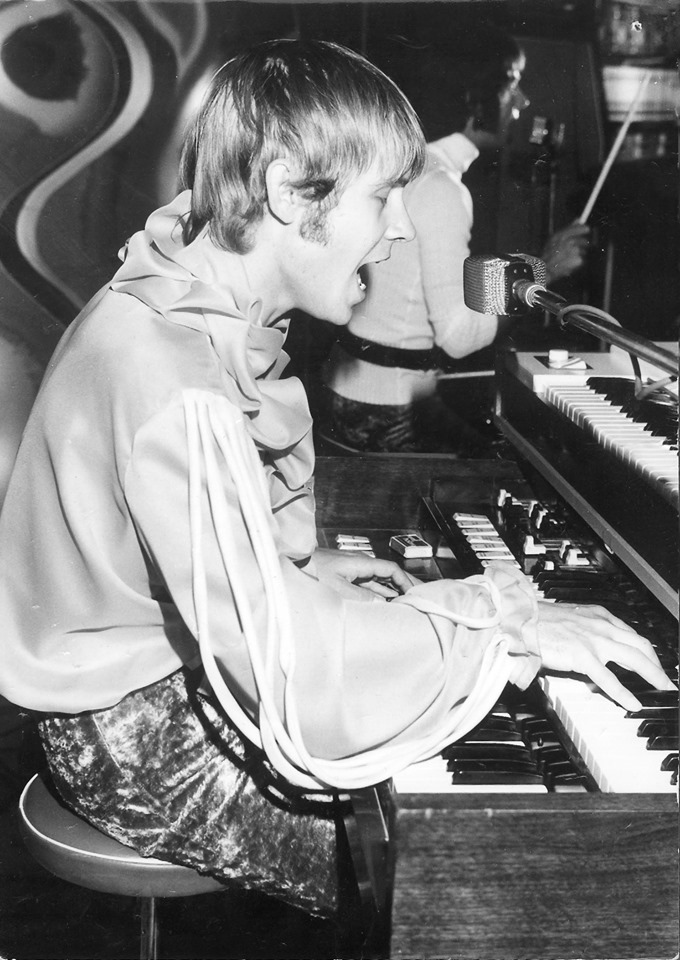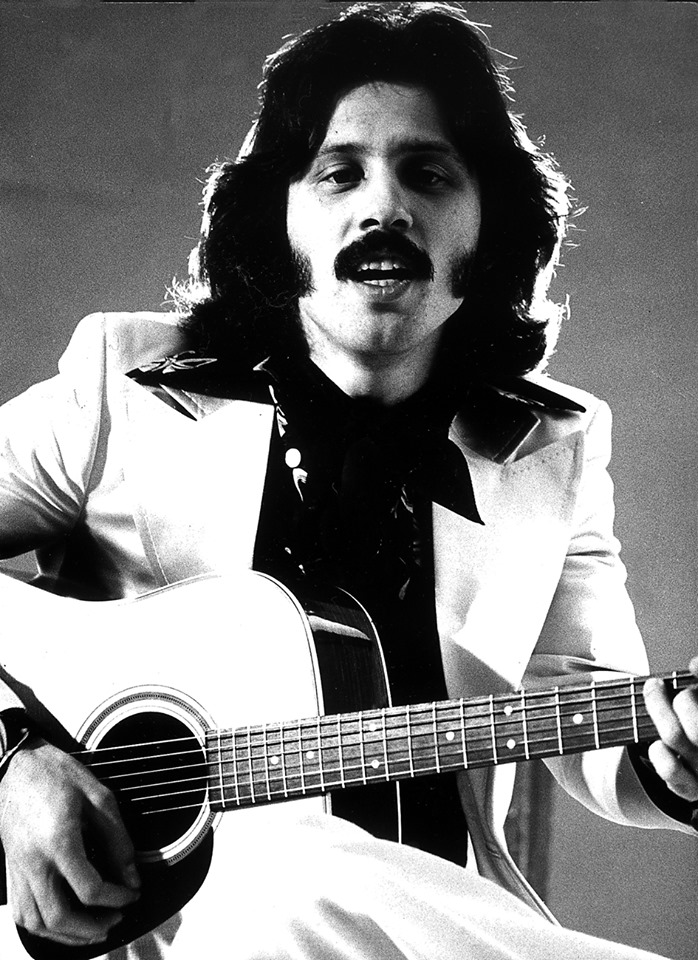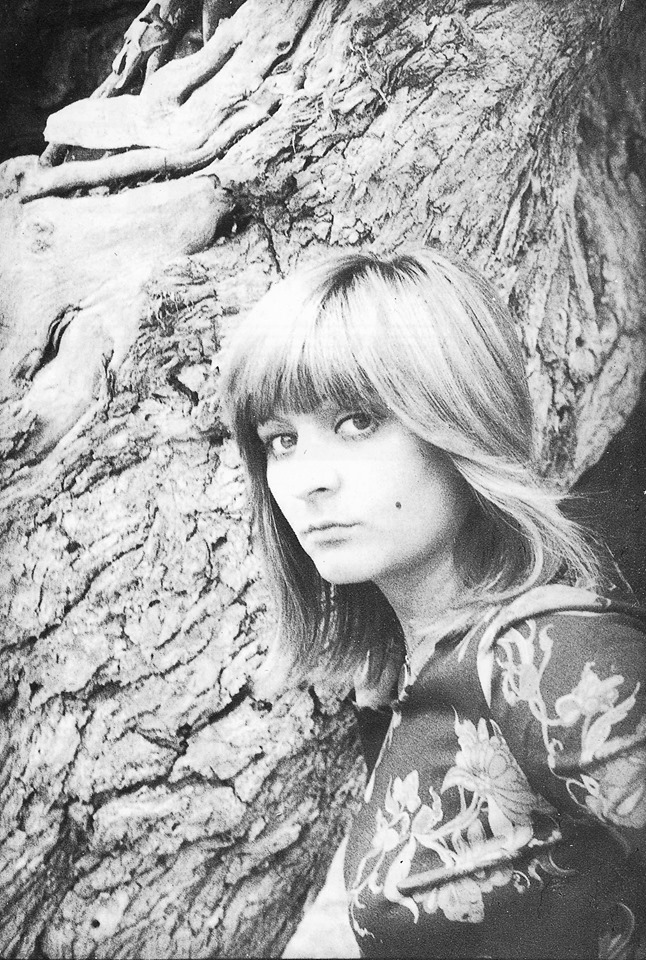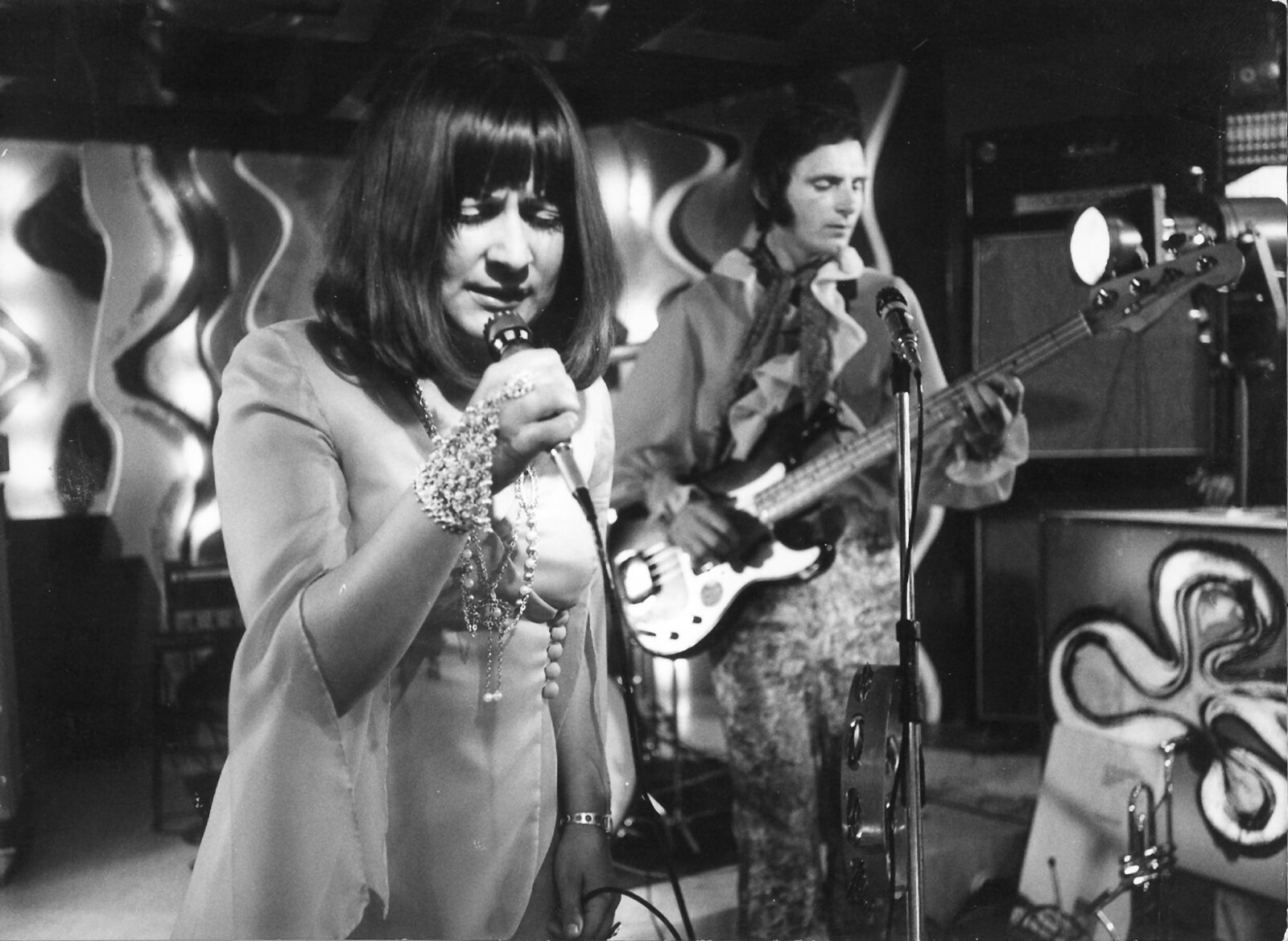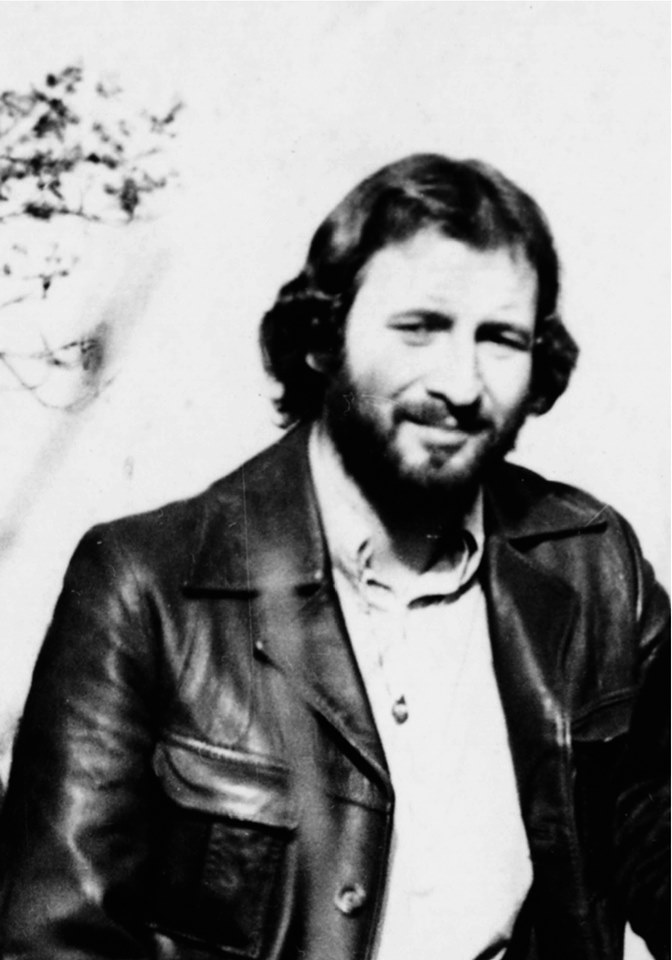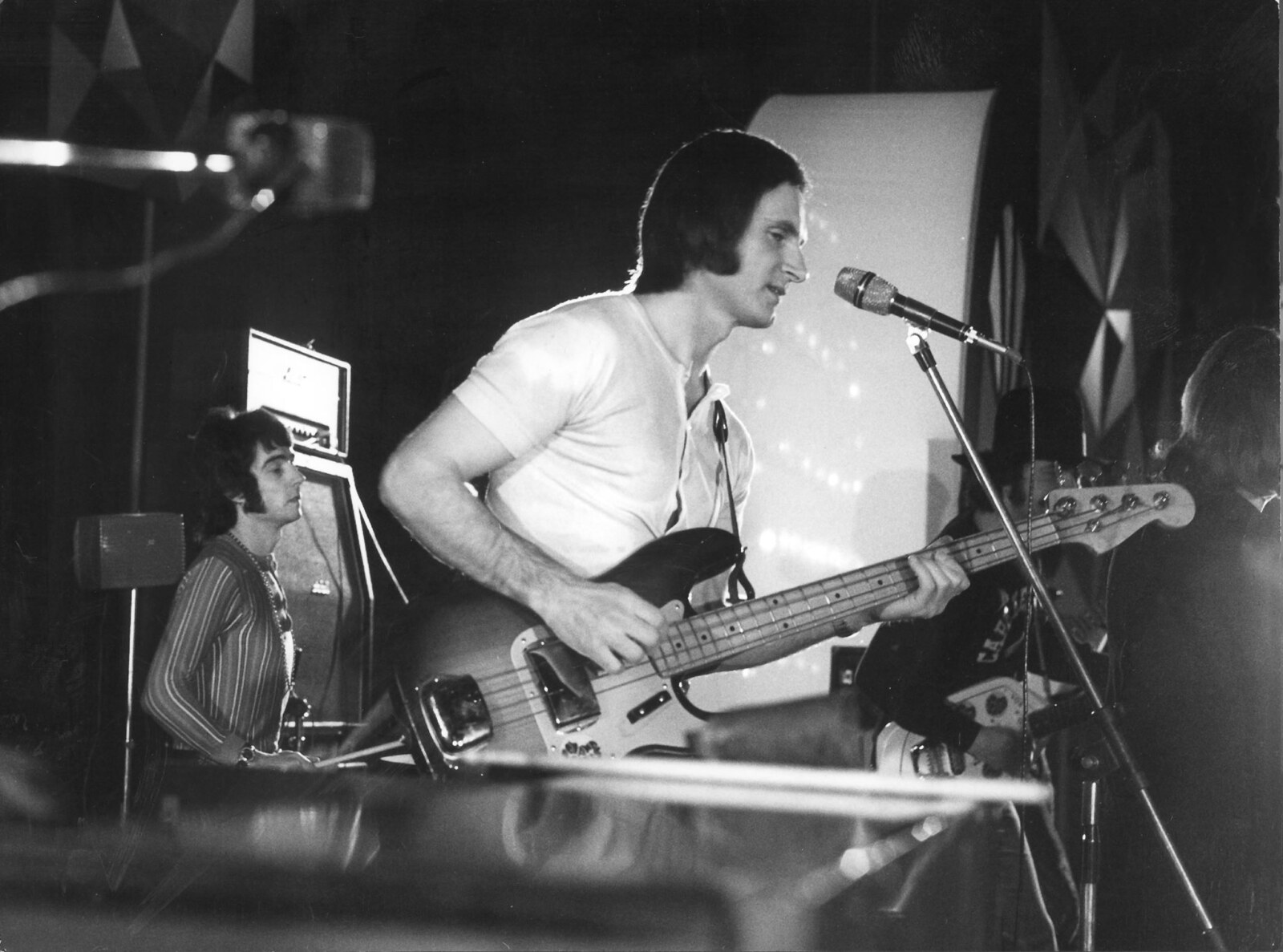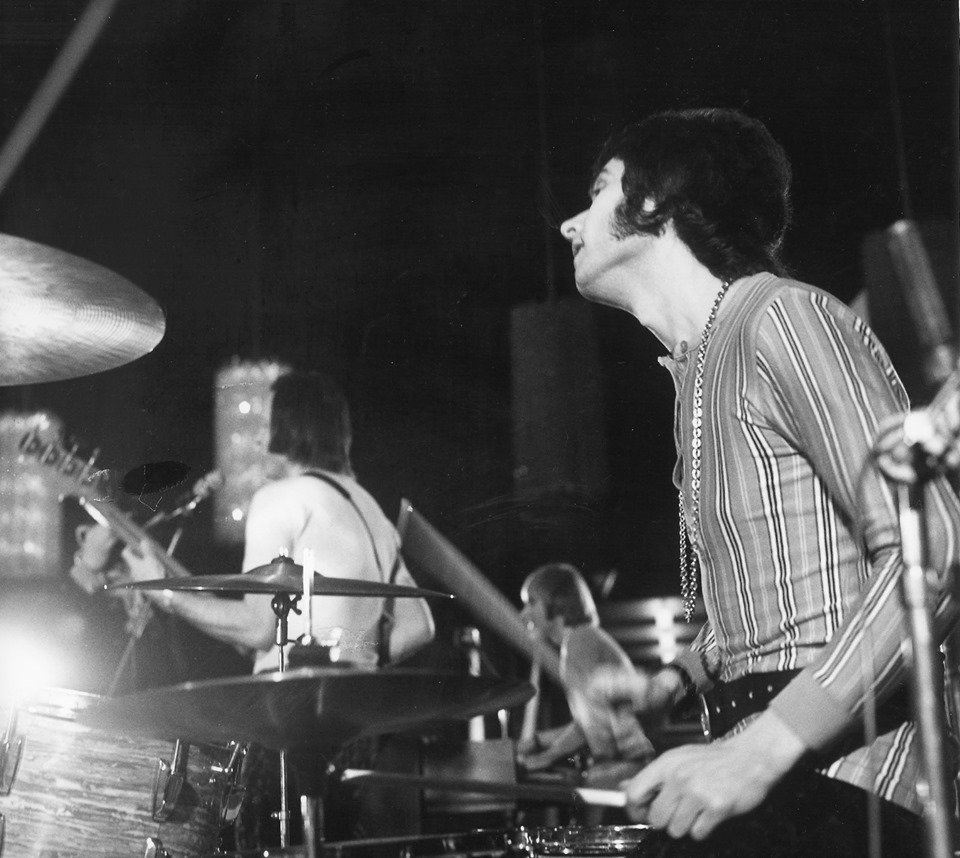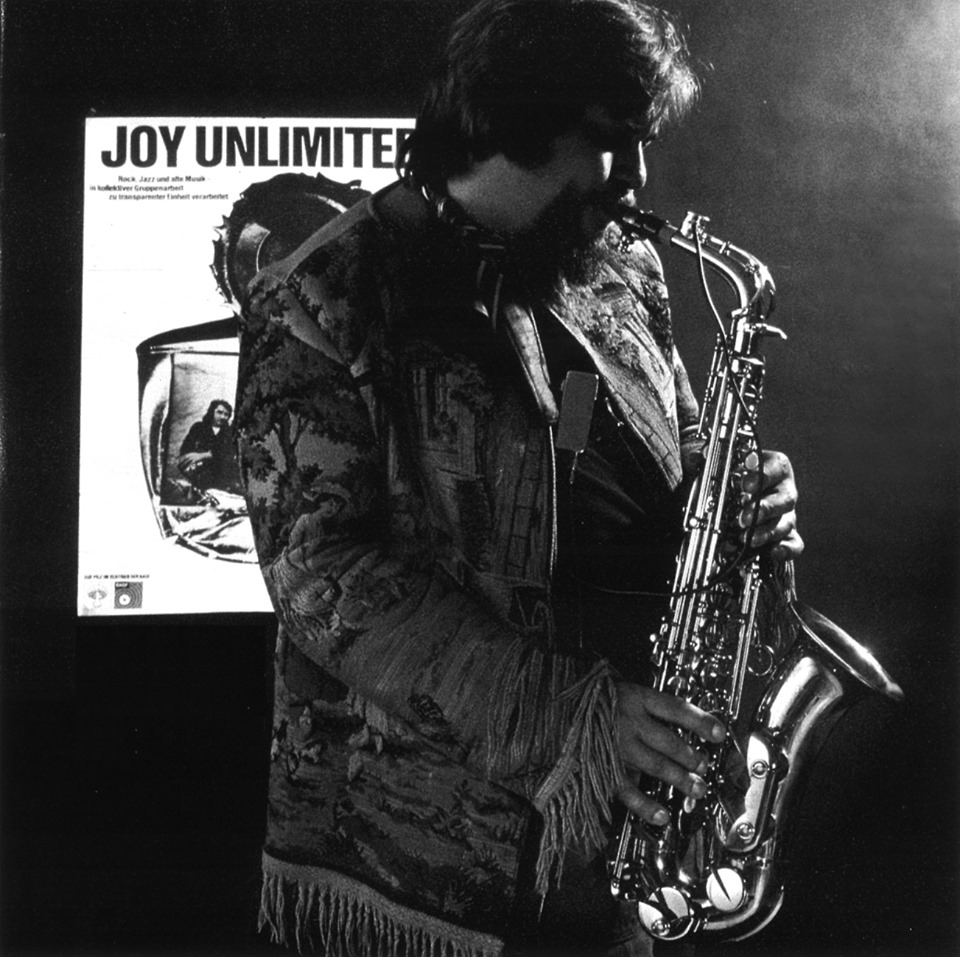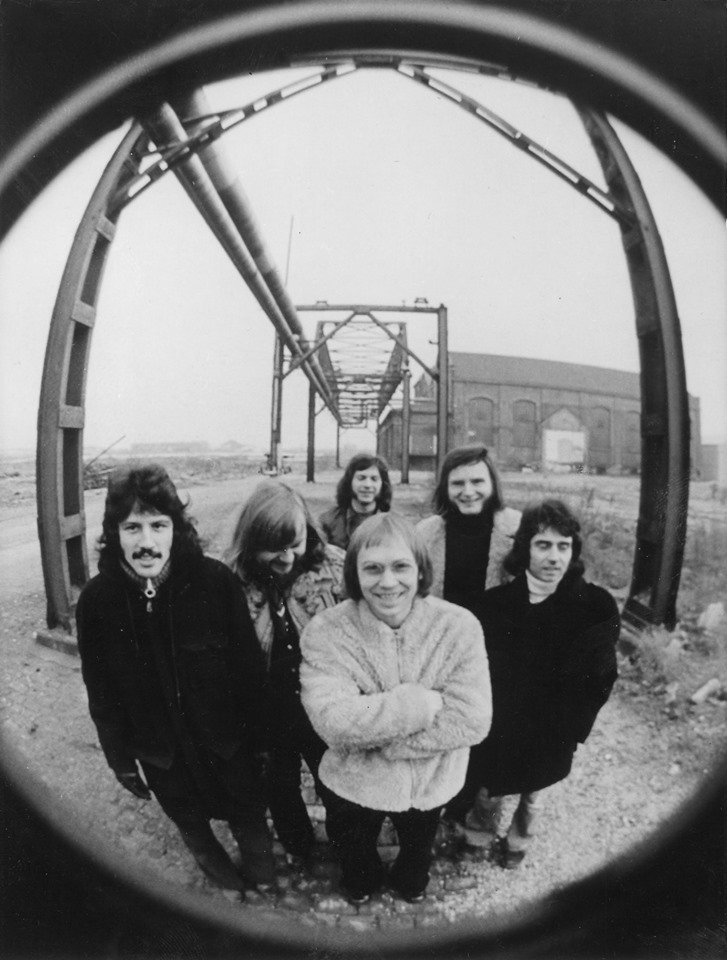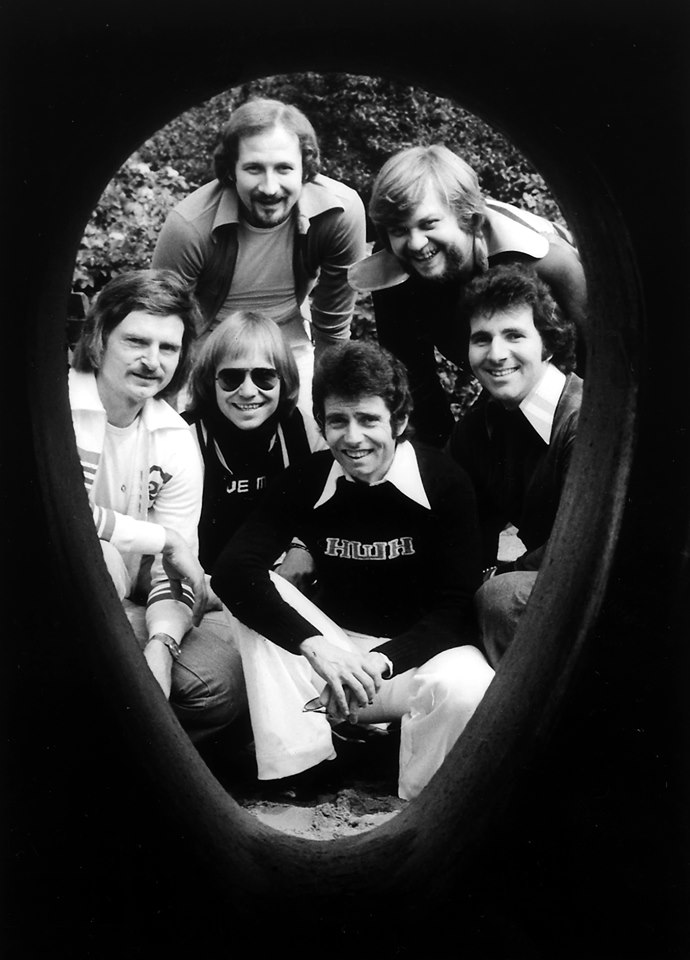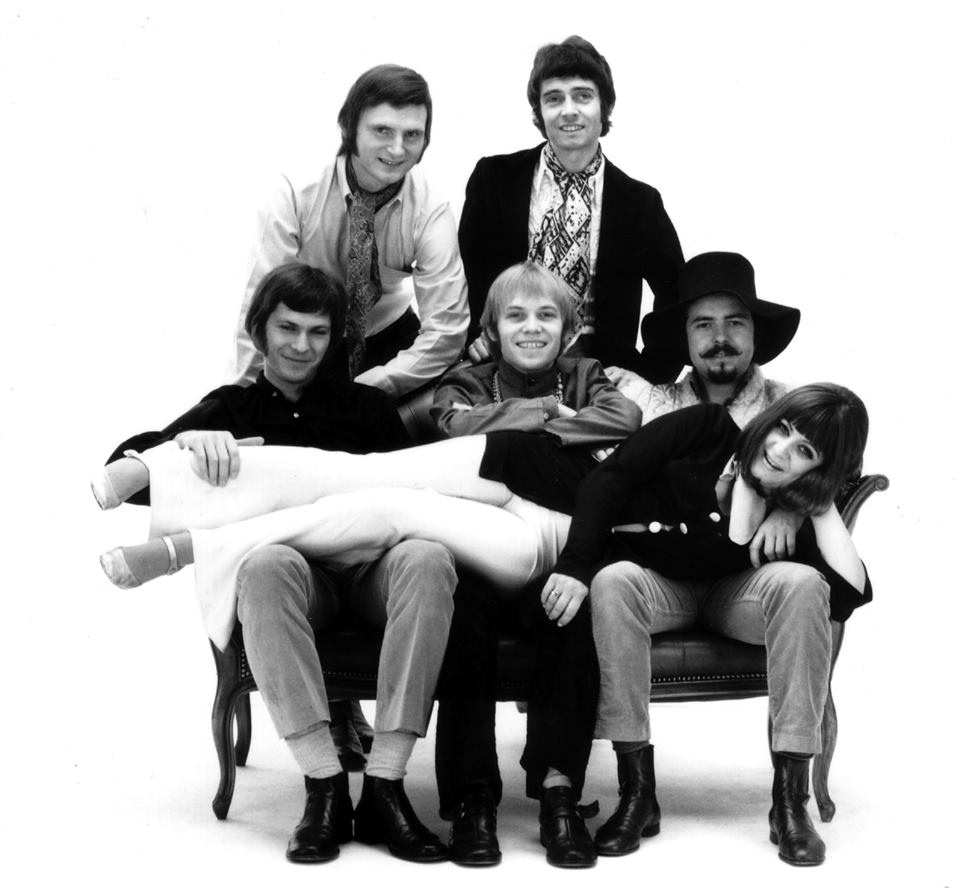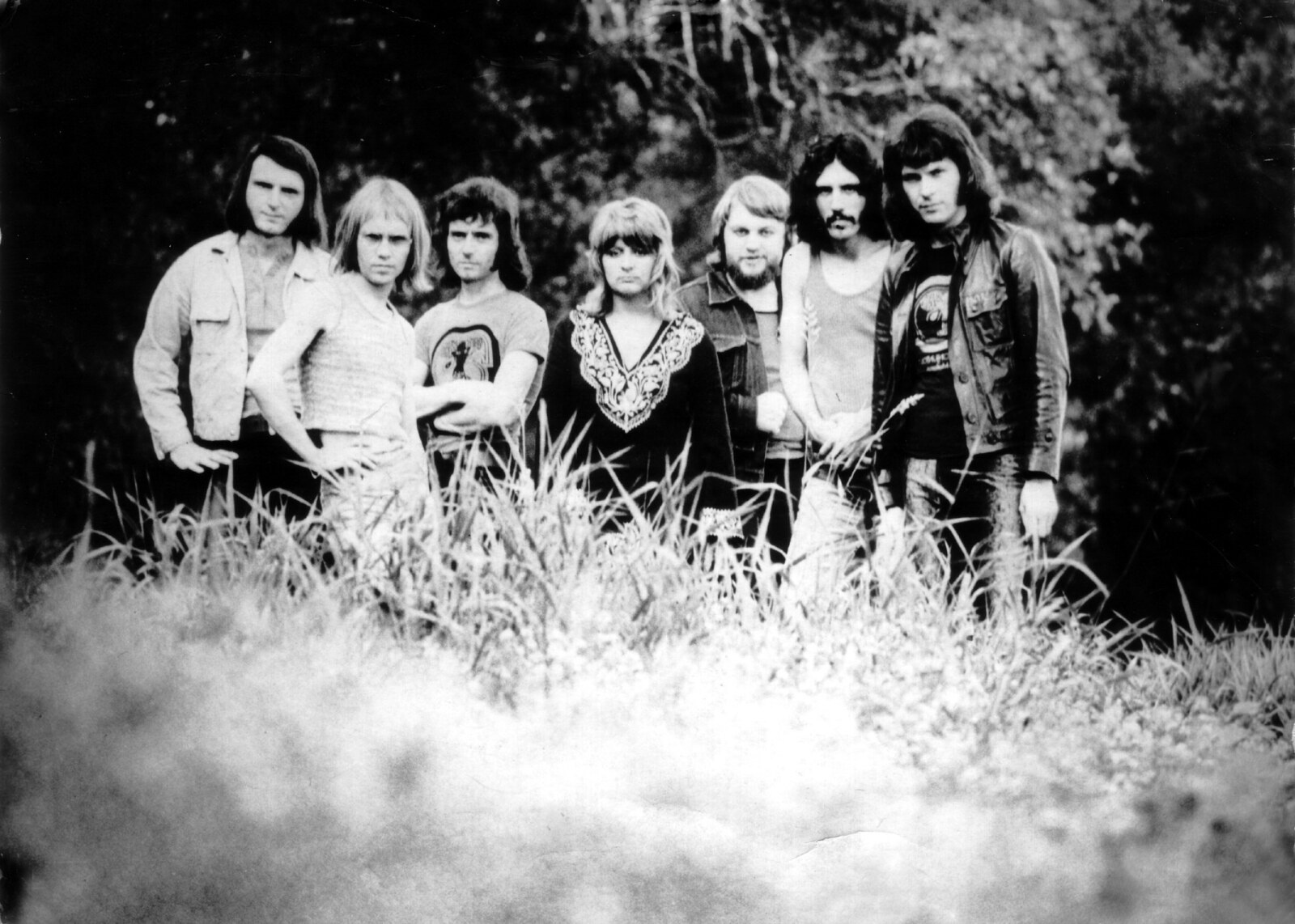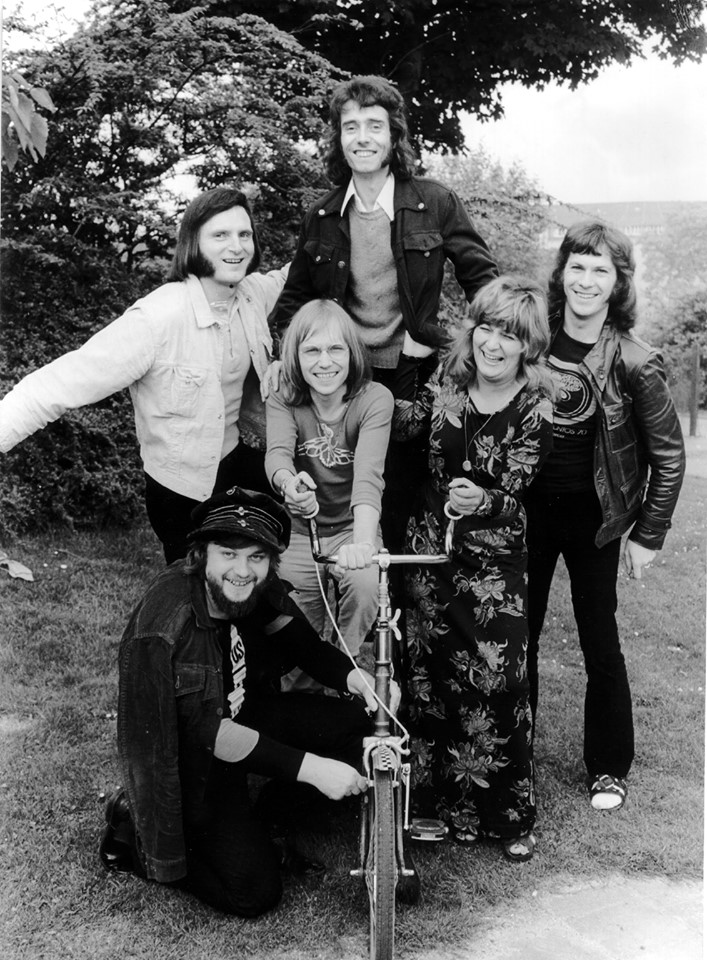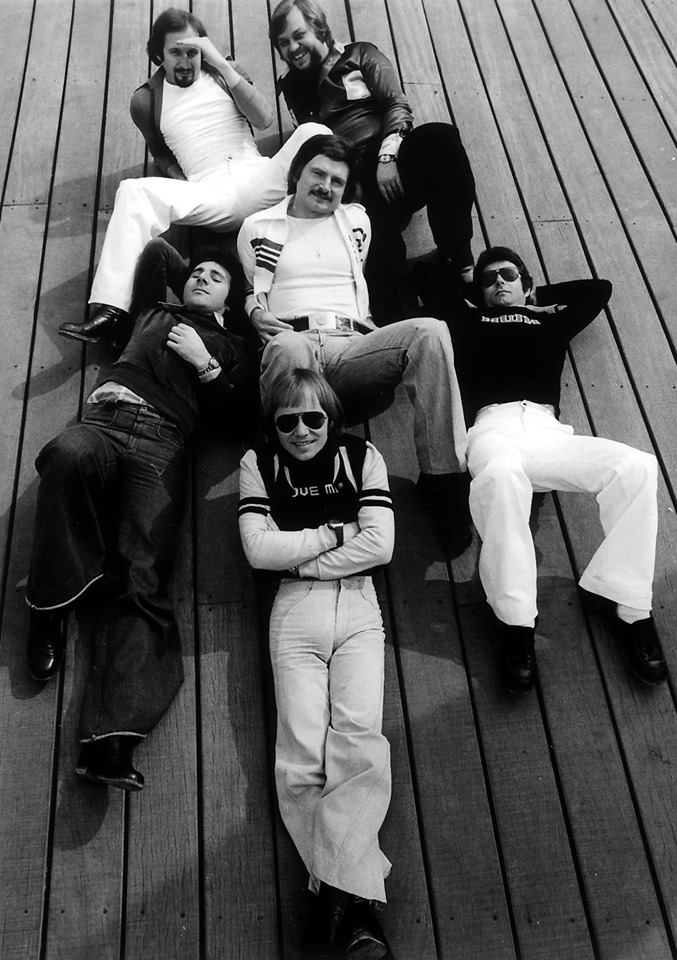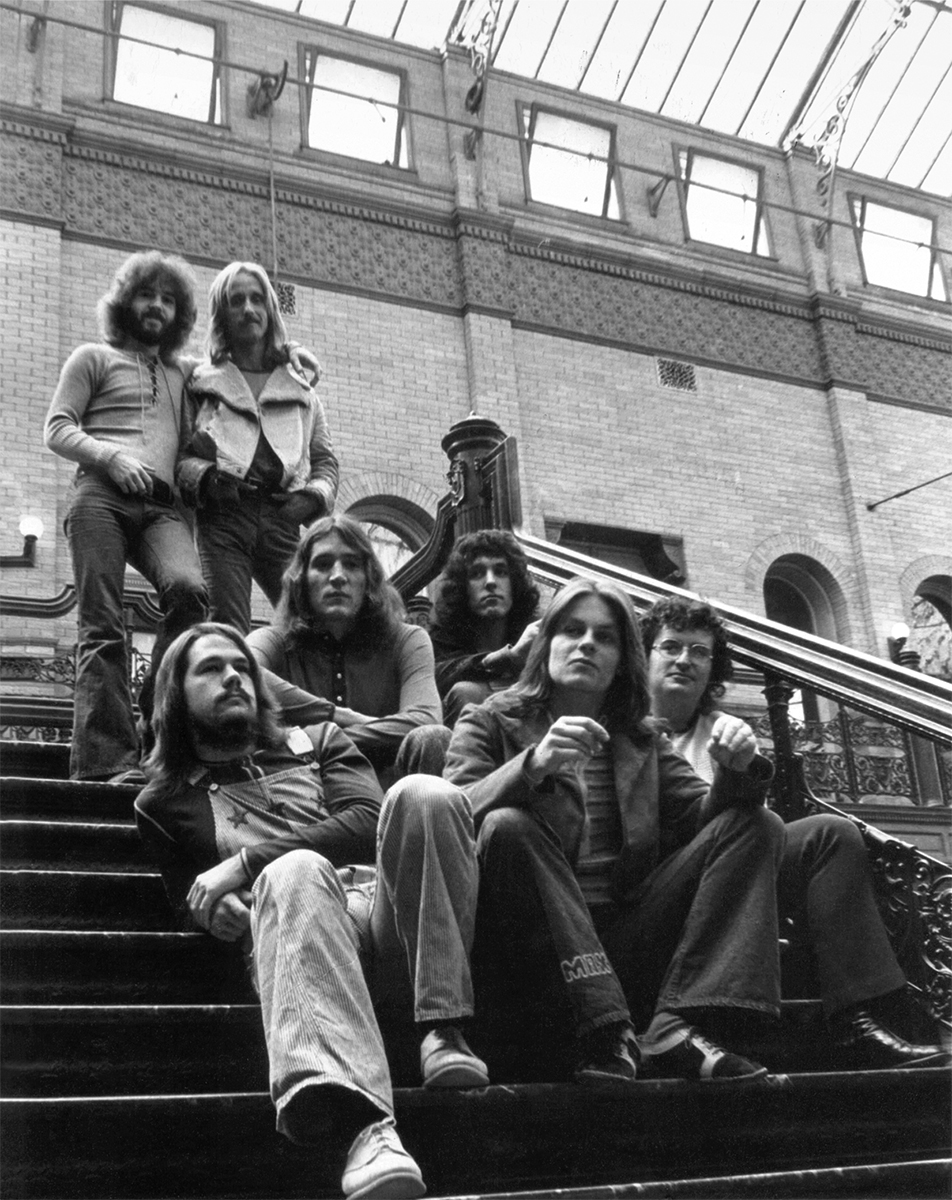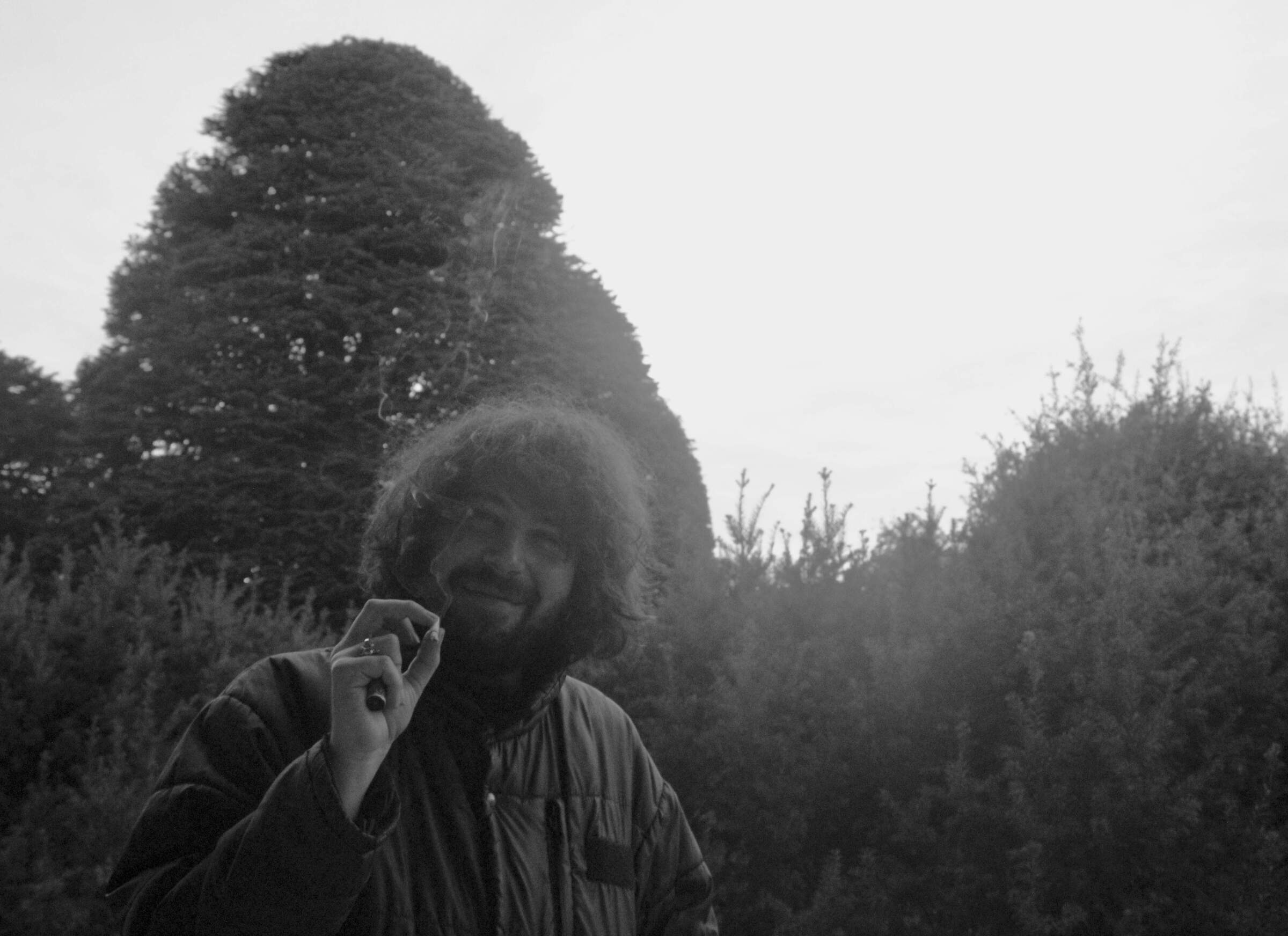Joy Unlimited interview
Originally a Mannheim pop band fronted by the powerful female vocalist Joy Fleming under the name of Joy & The Hit Kids, they moved on to very different realms by the late-1960’s and adopted the new name ‘Joy Unlimited’.
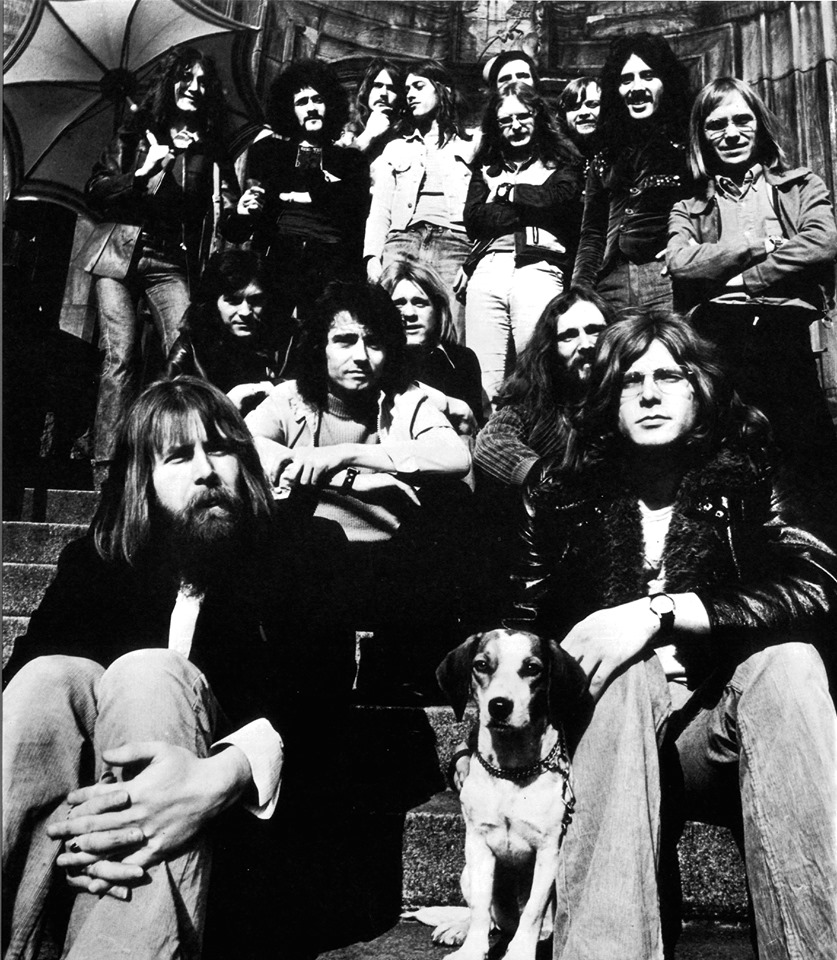
Where and when did you grow up? Was music a big part of your family life?
Hans Herkenne: Born in 1936 near Mannheim. During the Second World War, our house was bombed and in I lived in different parts of Germany. After the war, I came back to Mannheim. Before I was born, my mother was a singer in a musical called ‘Im weißen Rössel’.
When did you begin playing music? Who were your major influences?
I think, it was at the age of 14. I was influenced by my drum teacher Joe Hackbarth and the jazz drummers Max Roach, Art Blakey, Joe Morello and later by Steve Gadd and Jeff Porcaro.
Can you elaborate the formation of Joy and The Hitkids?
Joy & The Hit Kids released several singles. In 1969 the group changed to Joy Unlimited in order to make it clear that we are switching to more sophisticated music. Both of the names are printed on some of their Polydor singles from the transition period to gradually familiarize listeners with the change in direction and name.
Joy and The Hitkids released several singles. What do you recall from working on those songs?
During a recording session in Berlin with an American producer he asked me who wrote the words to a song we were recording? I answered it was me and he said: “Play drums, will you”. Very funny.
Did the size of audiences increase following the release of your debut?
I don’t think so.
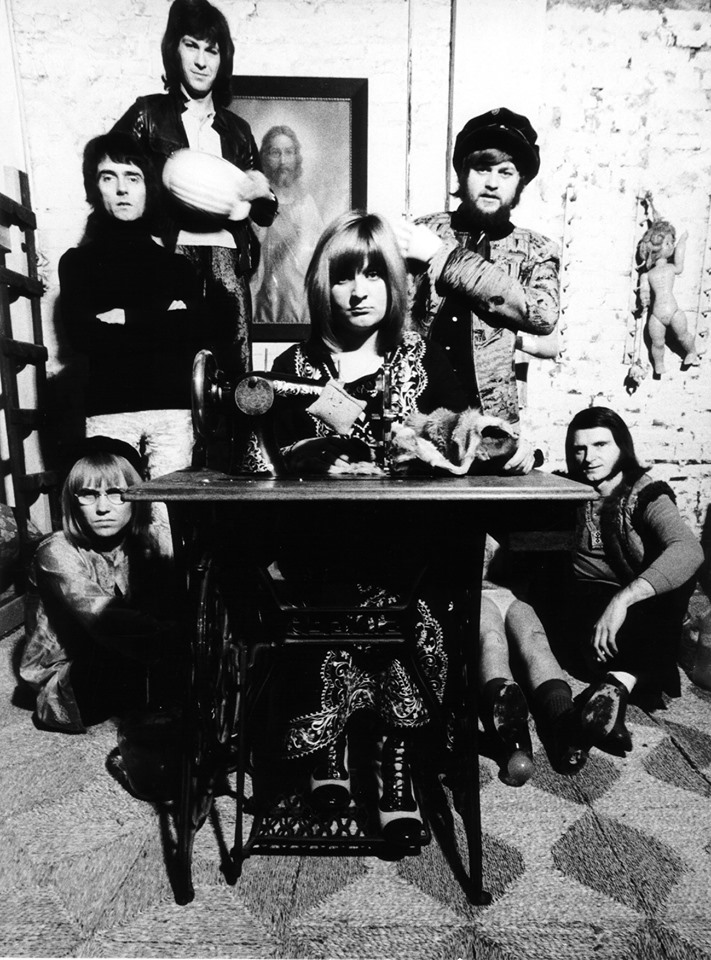
“Symbol of human development.”
What’s the story behind your Schmetterlinge album? Where did you record it? What kind of equipment did you use and who was the producer? How many hours did you spend in the studio?
Schmetterlinge was recorded at the Bauer Studios in Ludwigsburg, produced by Joy Unlimited. I played a Ludwig drum set and I was sponsored by Paiste cymbals from Switzerland. I can’t remember how long we worked in the Studio.
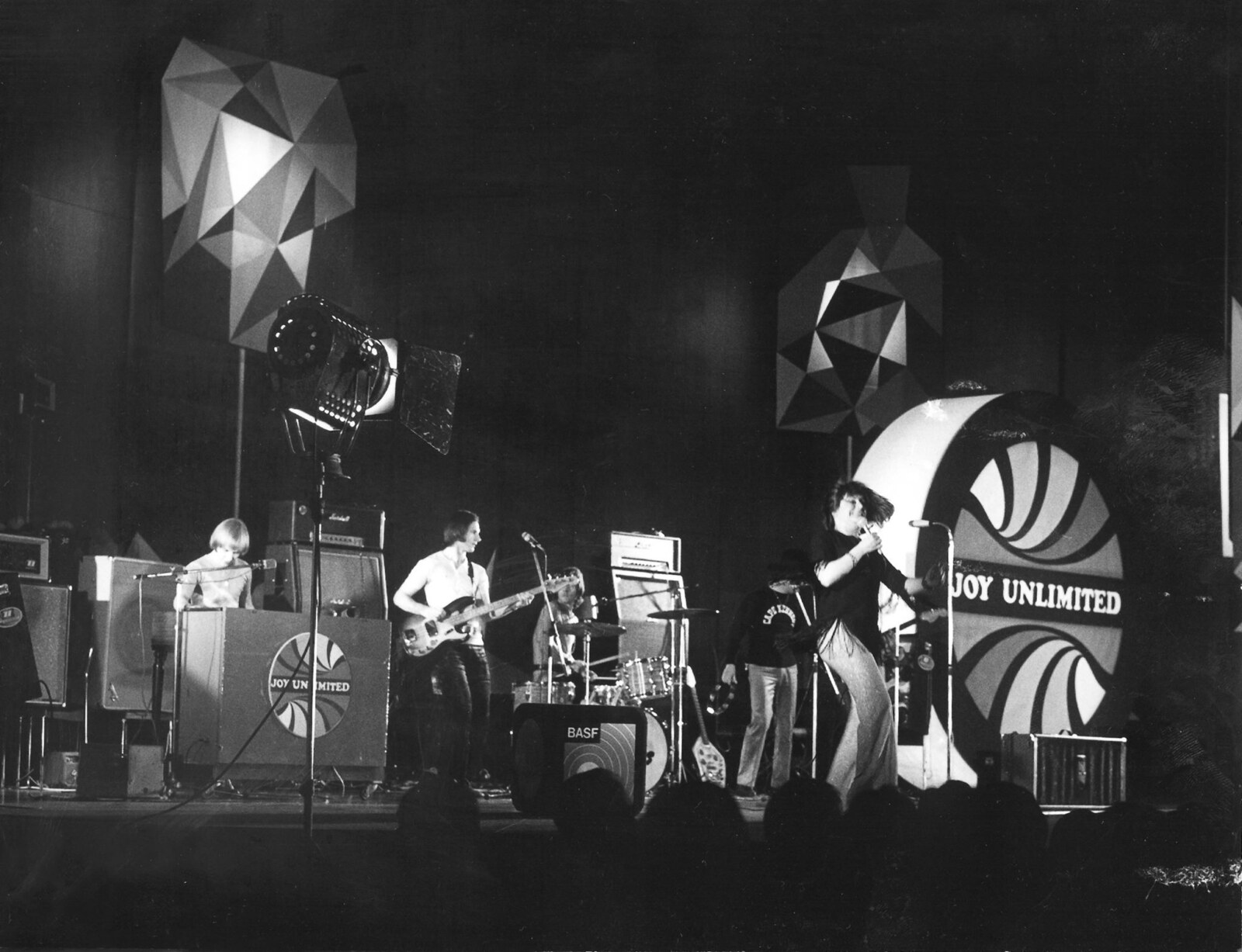
Is there a certain concept behind it? I read that it was originally made for balled and it’s influenced by a variety of genres. It was released by Pilz. Your sounds changed quite a lot and you became a more progressive rock oriented band.
The ballet master of the City of Bonn theater, Lothar Höfgen, had the idea for a ballet performance with rock music, which changed the band’s style from beat music to rock music.
A new step in the artistic development of Joy Unlimited was the composition and recording of the ballet music Schmetterlinge for the Stadttheater Bonn. The ballet – played live for weeks on every performance – was a great success, not only because of the sophisticated music, but also because of the imaginative modern choreography by Lothar Höfgen, a student of Maurice Béjart. Many parts made of Schmetterlinge have been used in a television program that was shot by Joy Unlimited and the singer and choreographer Lester Wilson (from the original cast of Hair) by the SWF.
When the record contract with Polydor expired, Joy Unlimited signed with the newly founded BASF label. The first LP with the new contract partners, Schmetterlinge, did not come out on the BASF label itself in 1971, but on their Pilz sub-label, led by Rolf-Ulrich Kaiser. The music is a bold mix of ballet music, progressive sounds, blues, jazz, etc.
It is about the transformation from caterpillar to butterfly in three sections, which is considered a symbol of human development.
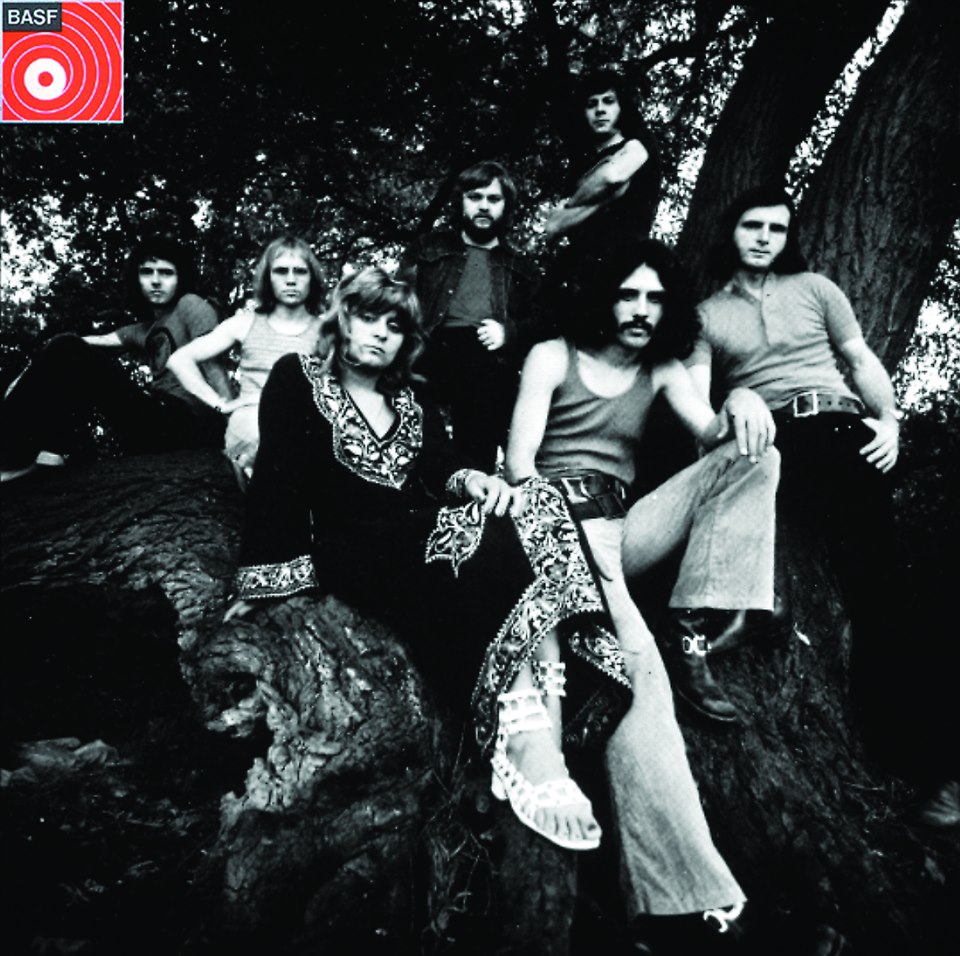
What about Instrumental Impressions?
Instrumental Impressions was an LP with pure instrumental titles and was only released in Italy.
Reflections was sort of continuation of Schmetterlinge. Do you agree? Joy Fleming was not part of the band anymore. What do you remember from working on Reflections material?
Joy had left the band and was replaced by the American Ken Traylor, who took over the vocal parts just as well.
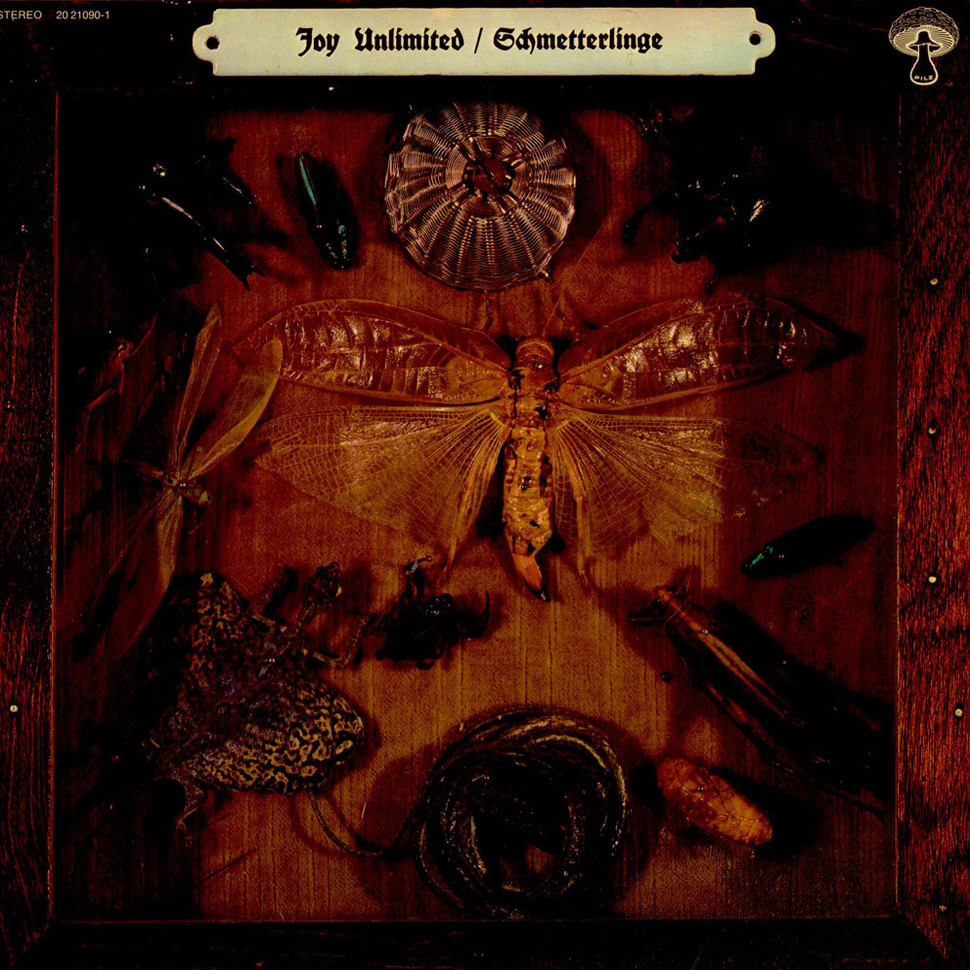
Afterwards Joy Unlimited received another order for a large full-length ballet composition, this time from the National theater Mannheim. Elementary opposites and basic situations of life were summarized under the title Reflections. The ballet was played live over two seasons in the National theater Mannheim, and the ballet ensemble of the house danced.
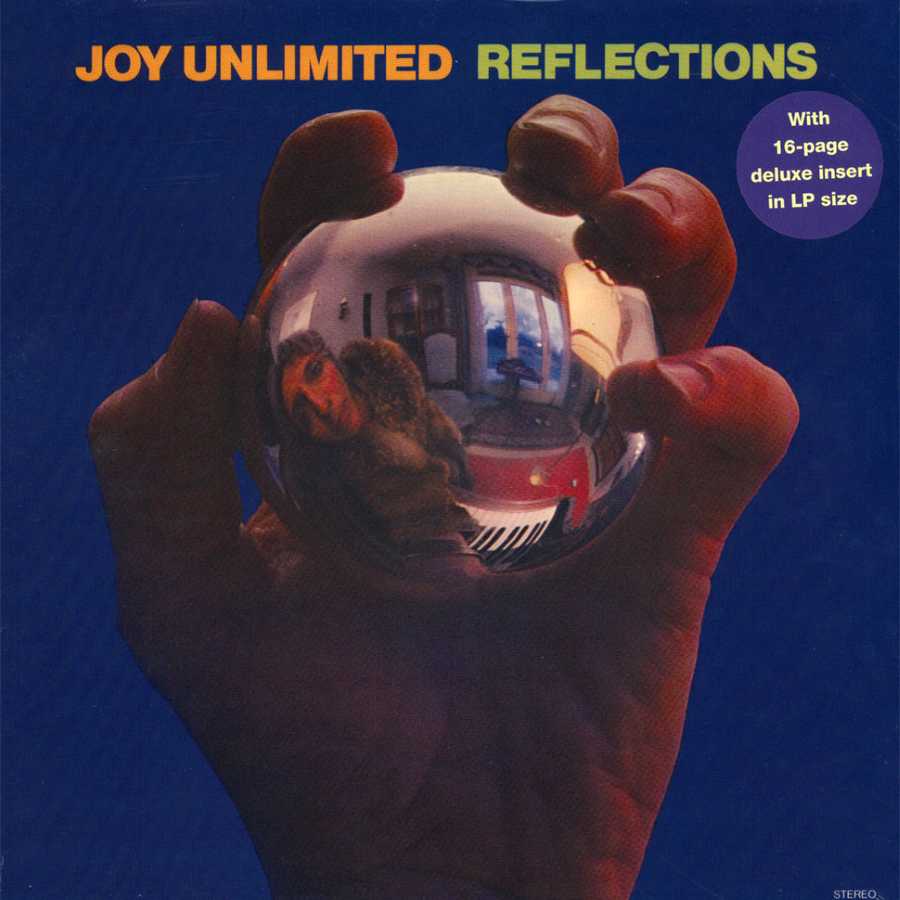
How about Minne?
There was another change. On Minne, Joschi Dinier took over the vocal parts.
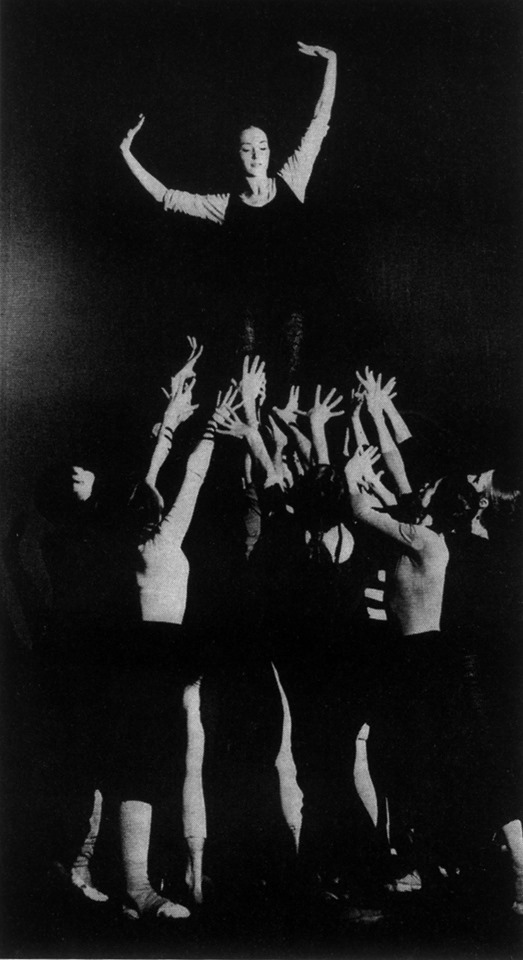
When Ken Traylor and Dieter Kindl wanted to take on other tasks, they were succeeded by Joschi Dinier and Hans Lingenfelder. In the meantime, the choreographer and dancer Lothar Höfgen had been hired to head the Mannheim ballet formation to the national theater there. So he, who had already been the initiator and initiator of Schmetterlinge in Bonn, immediately contacted Joy Unlimited in order to repeat a similar success at his new workplace. Together with the band, he came up with the idea of putting a work on the diverse faces of love on stage, based on the immortal texts by Walther von der Vogelweide. Joy Unlimited played the performances live, this time not directly on the stage, but in the the gallery. The ballet ran over two seasons.
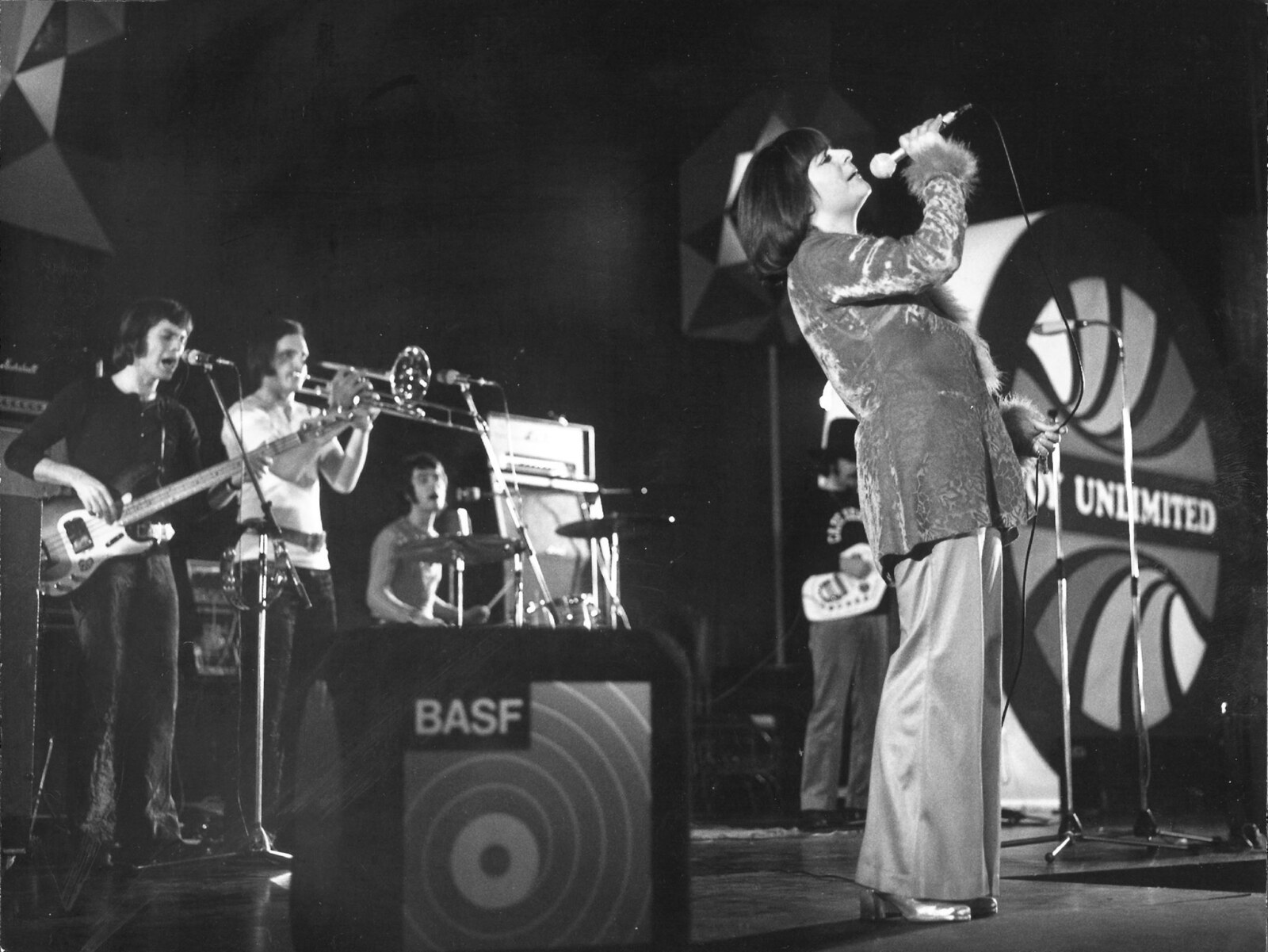
What happened after the band stopped? Were you still in touch with other members? Is any member still involved with the music?
Roland Heck, Gerd Köthe and Joschi Dinier became successful producers, and I still have contacts with Roland Heck, Hans Lingenfelder, Dieter Kindl, Klaus Nagel and with Joschi Dinier, with whom I work as a songwriter.
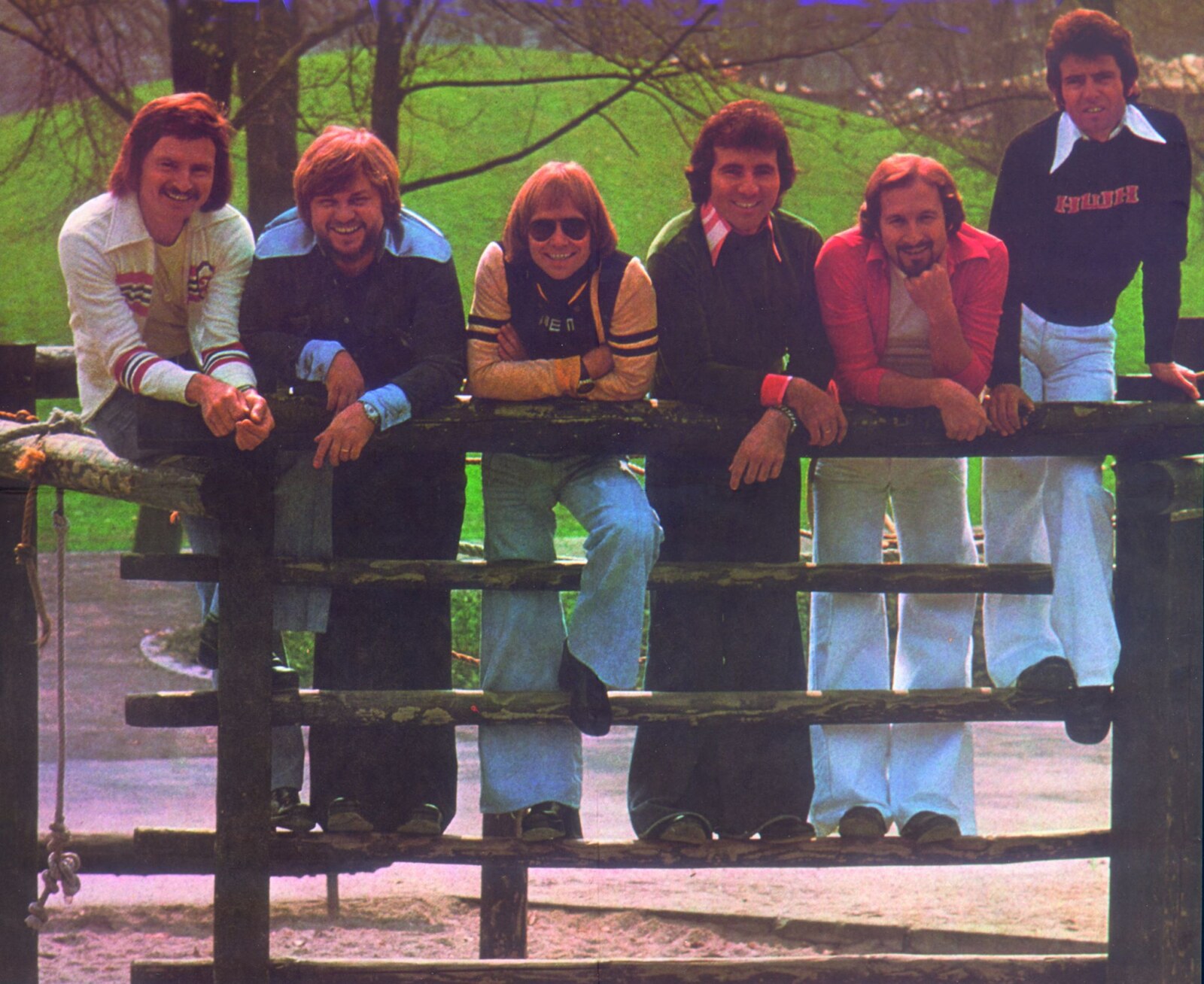
Looking back, what was the highlight of your time in the band? Which songs are you most proud of? Where and when was your most memorable gig?
During a TV recording, Tom Jones asked me to bring him a coke from the canteen.
Highlights were the appearances in the opening act of Janis Joplin and The Hollies. The best song for me is “Mister Pseudonym” with the incomparable voice of Joy.
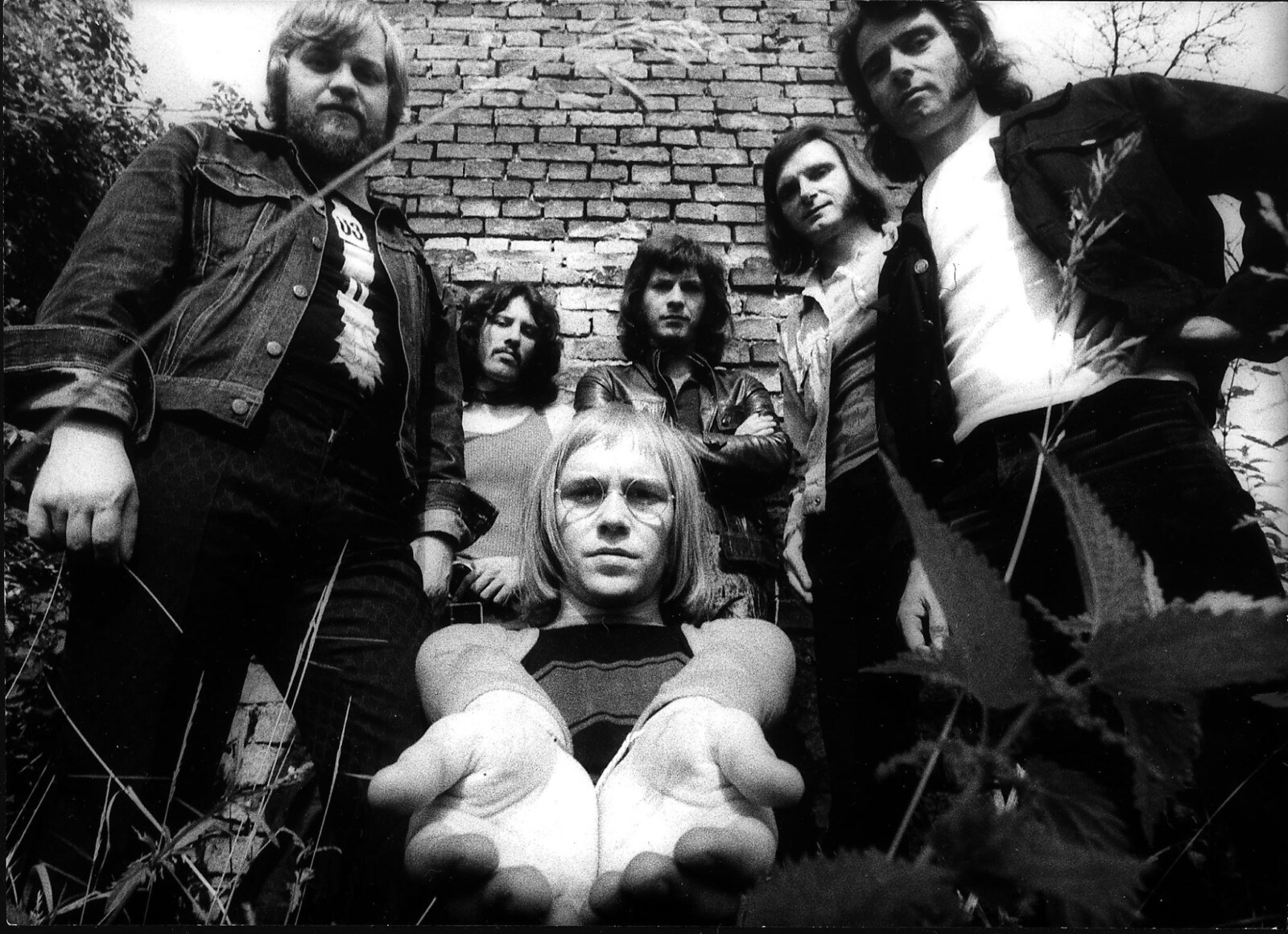
Is there any unreleased material by Joy Unlimited?
There are countless radio recordings, some of which have been released as bonus tracks at Garden of Delights. The rest of it lies with me as corpses in the basement.
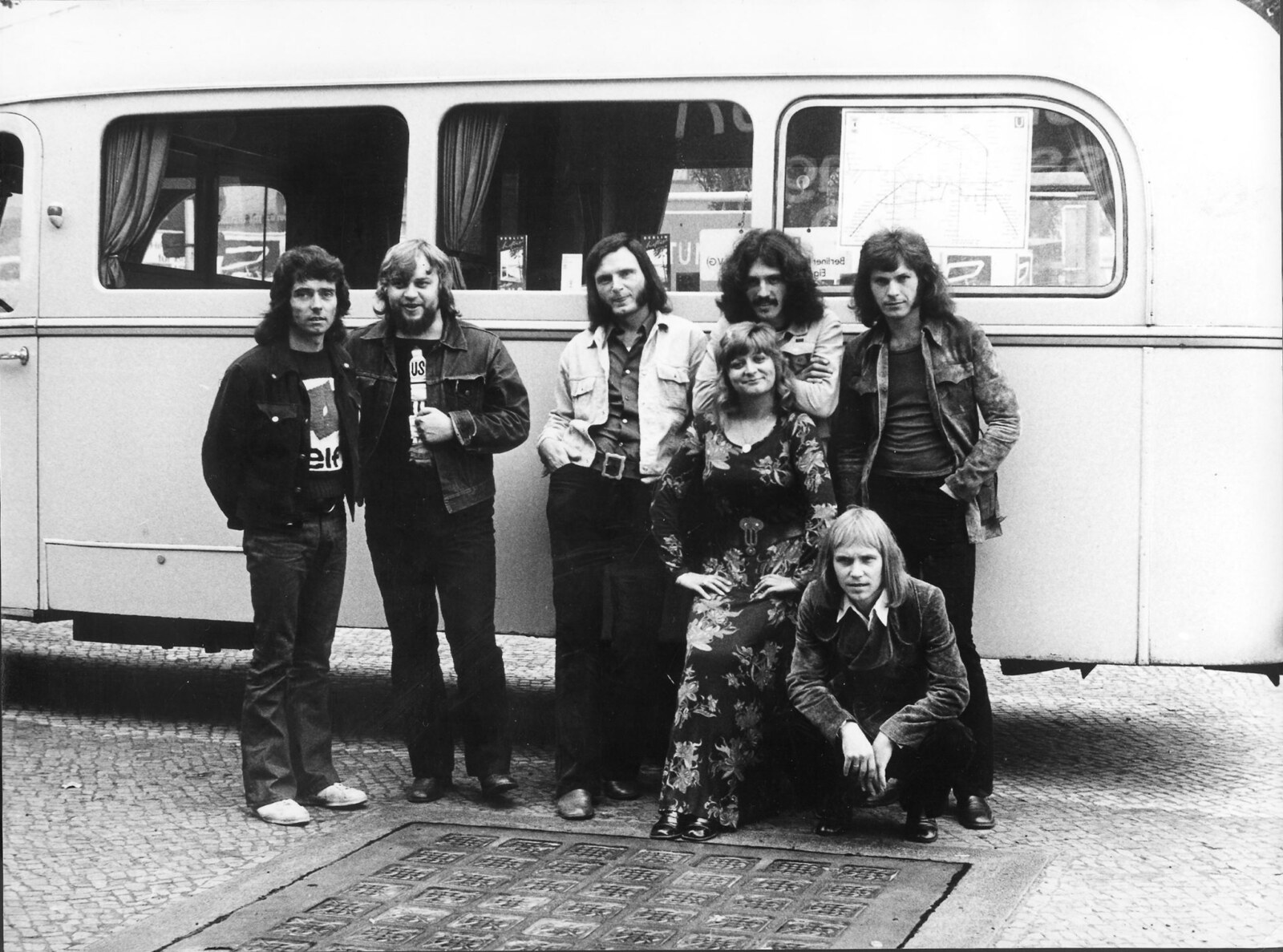
Thank you for taking your time. Last word is yours.
I’m alive, from the ELO album Xanadu.
– Klemen Breznikar
Special thanks to Walter of Garden Of Delights!

